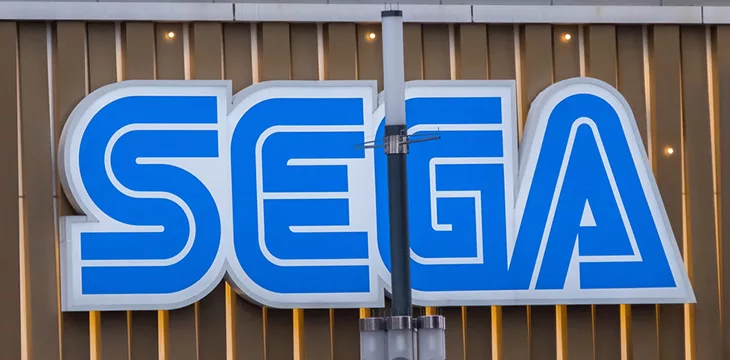|
Getting your Trinity Audio player ready...
|
A senior executive has revealed that Japanese video game giant Sega Corp. is still exploring blockchain and Web3 despite reports that the company was no longer interested in the technology.
Sega Chief Operating Officer Shuji Utsumi grabbed headlines last week when he claimed that blockchain games are boring, saying, “what’s the point if games are no fun?” Bloomberg further reported that Utsumi had said the company would no longer license its gaming titles to blockchain developers to avoid “devaluing its content.”
Utsumi now says he was misquoted, and Sega is still exploring how it can integrate blockchain and Web3 into its games.
Utsumi pointed to a new partnership with South Korean internet giant LINE Corp to develop a blockchain-based game as proof that Sega is committed to the technology. Signing the deal and then announcing the gaming firm was scaling back its blockchain ventures would be “very strange,” the COO stated.
The two companies announced they would bring one of Sega’s popular game IPs into a Web3 game but have yet to reveal more details.
“Blockchain technology can definitely make a big contribution to the growth of the [gaming] industry, and we are seriously evaluating that potential by investing in several initiatives, be it by investing in a fund as a limited partner or the developers,” Utsumi commented.
Sega, the firm behind successful games such as Sonic the Hedgehog and Yakuza, is also exploring non-fungible tokens (NFTs) and the value they can add to its gaming portfolio. This includes connecting its games across various media platforms, from consoles and mobile to PC and arcade.
“In theory, NFTs can be a medium to connect these various transmedia activities. It would be nice if we could connect with our fans using the blockchain; we just don’t know how yet. We are still learning.”
Sega has been cautiously optimistic about NFTs for several months. According to its CEO, Haruki Satomi, it hesitated to take the dive as some gamers had reacted negatively to NFTs. For Haruki, NFTs must solve a challenge or introduce new features—they can’t be a blatant money grab.
“…if it is perceived as simple money-making, I would like to make a decision not to proceed,” Haruki stated.
As CoinGeek’s Jon Southurst points out, there’s no reason a play-to-earn game can’t be exciting and no reason blockchain elements can’t be built into established games. While it’s true that many play-to-earn games created so far serve more as proofs-of-concept, there are also games that are built to prove blockchain and play-to-earn have something to offer the industry—it’s not always necessary for games to be complex or rich in lore to be compelling or fun.
Watch Blockchain 4 Gaming & CoinGeek Bitcade Warsaw highlights: Putting BSV blockchain powered games to the test

 07-18-2025
07-18-2025 





